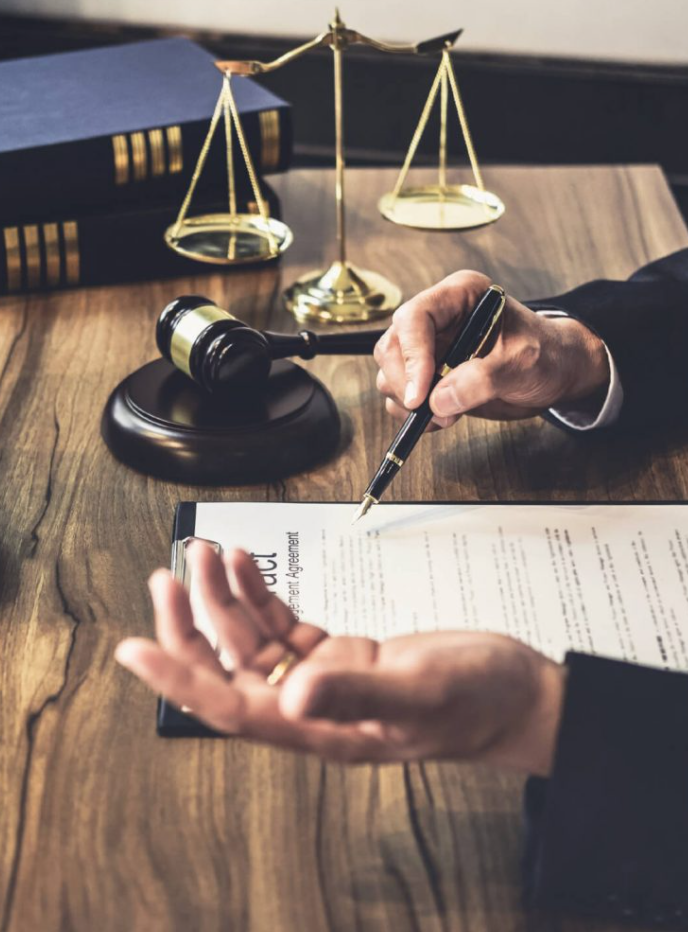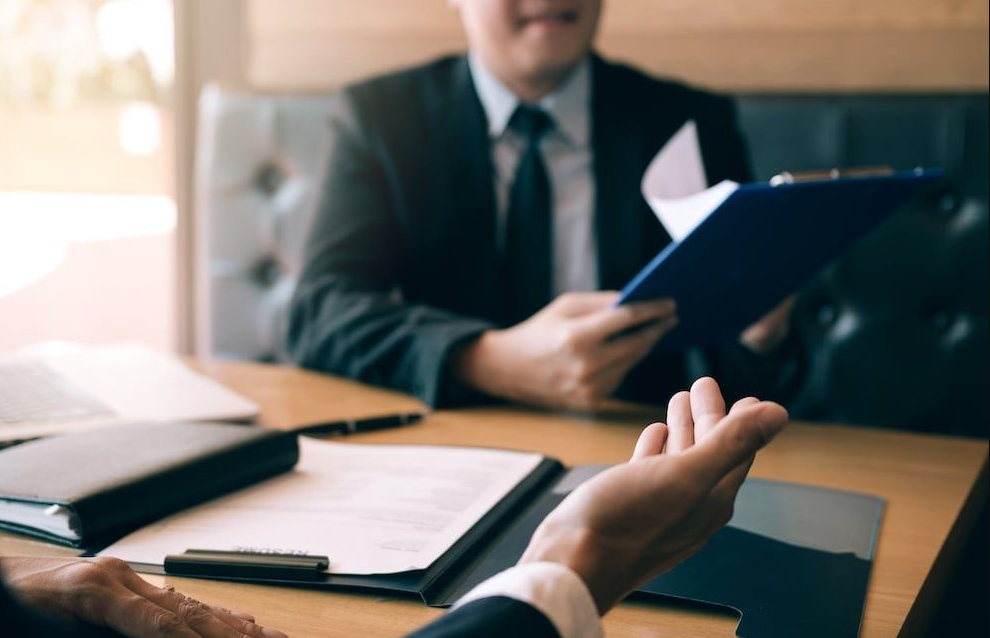There is no civilization of law, or rather, there is no civilization tout court without the lawyer, because it is the lawyer, ensuring the equality of arms, allows the judge to be a judge and, ultimately, allows the realization of a fair trial.
These words, spoken by a magistrate, well represent the importance and role of the lawyer in modern society.
But how does legal advice work? Let’s try to shed some light …
Why first contact a lawyer?

1. Because the lawyer advises you.
The lawyer will inform you of your rights and obligations, the rules applicable to your problem and will help you find the most suitable solution in all areas of the law. Prior consultation with a lawyer can save you time and money.
2. Because the lawyer writes your contracts and the documents you need.
The lawyer’s mission is also to prepare and draft deeds and contracts that regulate your private life (wills, cohabitation agreement, real estate lease agreements, sales contracts, etc.) or professional (employment contracts, commercial contracts, creation and transfer of a company, general conditions of sale, etc.), which make it possible to prevent a legal action or, at least, to provide you with the most appropriate tools to resist in legal action.
3. Because the lawyer represents you and defends you.
When it is not possible to find an amicable solution, the lawyer represents you and defends you at all stages of the process, acting on your behalf before each court. It is a cd. technical defense to which everyone has a right in court.
How to contact our law firm?
When you turn to a lawyer it is, without beating about the bush, because there is a problem: a problem that often requires rapid intervention to prevent the situation from getting out of hand.
For this reason, once the contact request has been received through the various channels of the Firm (website, telephone, e-mail, etc.), the Client will be called back within the following 24 hours for the establishment of a first cognitive appointment directly with the lawyer.
The listening phase is particularly important because it allows the lawyer to obtain in-depth information on the subject of the client’s request and to know the client’s expectations and needs in an exhaustive and systematic manner. The lawyer does not judge and does not comment: he puts himself in the client’s shoes to identify the best defensive strategies aimed at achieving the required objectives.
How to prepare for the first meeting with the lawyer and get the best possible service from him.

The first meeting is essential for both the client and the lawyer: here are some tips to get the best possible service from our firm.
Well prepared, you are more efficient:
1. List your questions.
The most common questions that the customer usually asks us are the following: how long will the process take? Will it take a long time for the execution of the sentence? How much will it cost me? Are there alternative methods to the Courts to solve my problem? What will happen if I lose the case? What if I win?
2. Prepare your documents and above all put them in order.
It is essential for the lawyer to identify the documents relevant to the matter submitted to his opinion: the more the documents are complete and ordered (even chronologically), the more precise and timely the opinion will be.
3. Describe your situation.
Put in black and white, on a piece of paper, all the salient facts and elements of your story, in the order in which they occurred and describe them in as much detail as possible.
4. List the names of the people (and the role they played) in your story.
Remember that in a court you can ask to ascertain a right only if there are witnesses ready to confirm the facts as described and represented by you.
The first meeting

The first meeting is also important because it will determine what you can expect from your lawyer. To establish a relationship based on trust and clarity, do not hesitate to ask him/her:
– Does my situation need to be resolved in court or can it also be resolved with other alternative dispute resolution methods (for example, mediation or arbitration)?
– What options are available to me? What are the stages of a process? What about their costs? Make sure you understand the information provided by your lawyer and don’t hesitate to ask further questions if necessary.
Ask to be informed and updated on the status of the case. Agree with the lawyer on the frequency and the billing periods, so that you can be punctual in payments.
It is often repeated that ” the best cause is the one not started “: in this sense, the lawyer plays a fundamental role in cushioning (and preventing, if possible) social conflicts. Precisely in the many alternative dispute resolution institutes, he/she plays an increasingly prominent role, seeking the settlement between the interests at stake or trying to identify the most suitable solution to the interests considered to be superior (think, in the context of family law or juvenile law, to pursue a divorce agreement that is able to protect above all the best interests of the minors present).
But the lawyer is not essential only to try to cure the problem, often (indeed, it would always be better) he can provide the necessary advice to prevent the problem from arising later. Here then is that he can offer his own opinion and advice before signing a contract, can prepare the negotiation clauses that prevent (or at least limit) the arising of a dispute, can suggest to the consumer who has signed a disadvantageous contract on the street, the exercise of the right of withdrawal to make the effects cease to exist, etc.
Another article on this blog that may interest you: